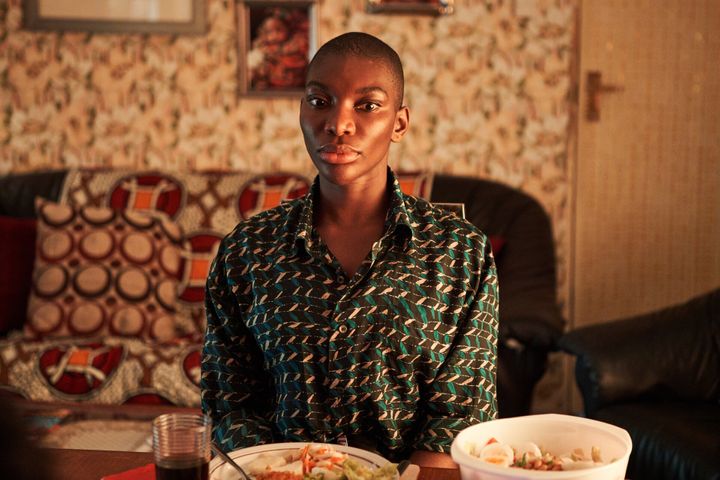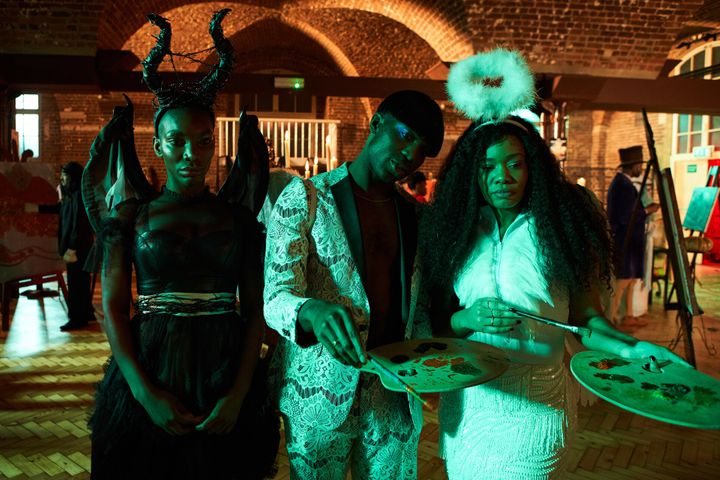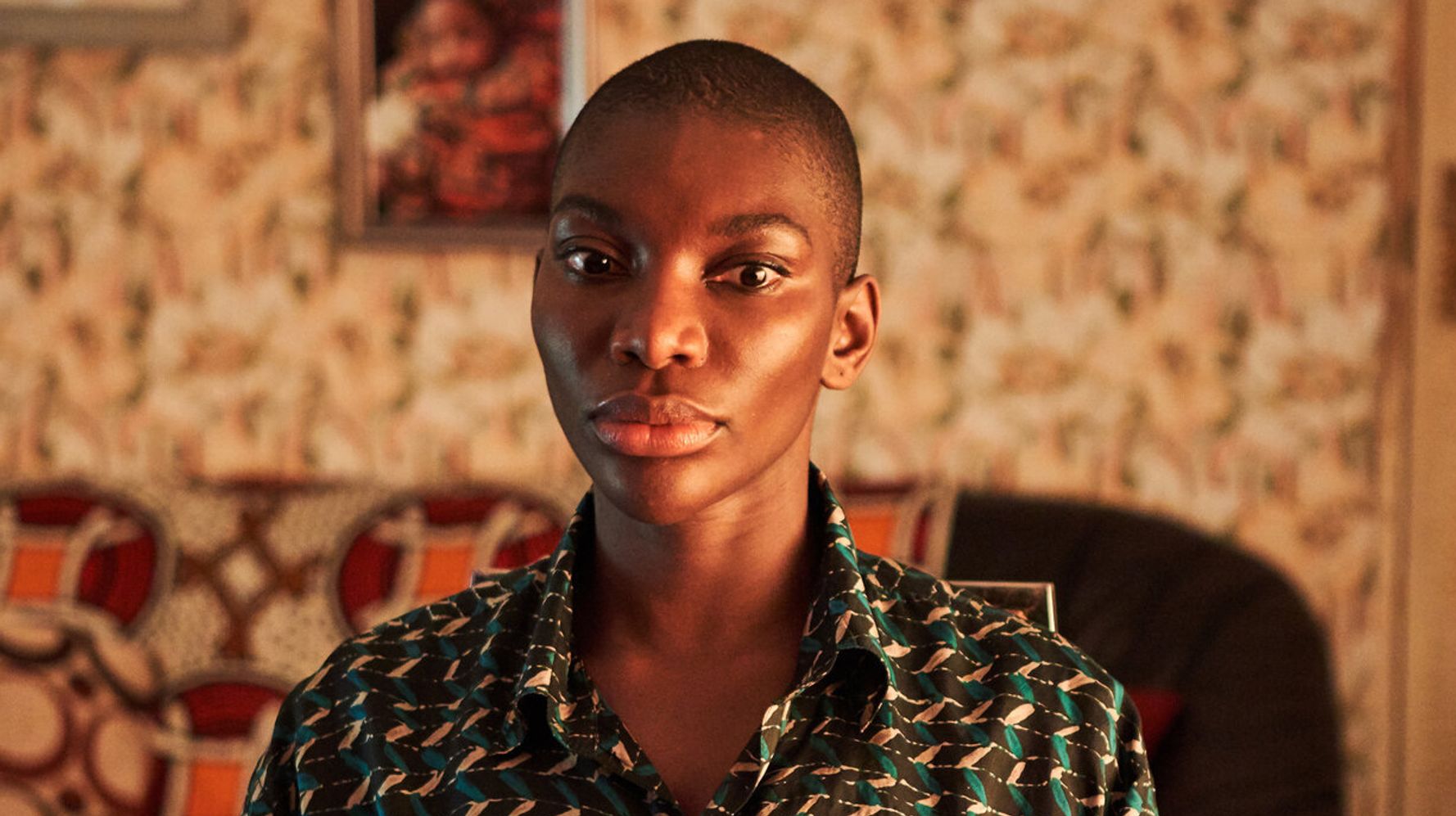[ad_1]
It can be hard to wrap your head around what Michaela Coel aims to do in “I May Destroy You” without taking a step back. It requires some processing to see the goals of the intentionally heavy show. One of the major things Coel seeks to reveal is the power within us all — both the power to heal and the power to destroy.
The critically acclaimed HBO drama explores sexual assault, sexual coercion, dangerously blurred lines, and everything in between. It seeks to expand the audience’s view of who is capable of being a victim or a culprit — and it hints at how Coel is processing and healing from her own rape through the main character, Arabella.
Like Coel, Arabella meets her friends at a bar, seeking a brief reprieve the night before a big writing deadline. Someone spikes her drink and rapes her that night. Neither Arabella nor the audience immediately realizes what’s happened.
How she pieces together the details from the night and learns that she was raped is shocking and disorienting, mimicking how so many victims experience sexual assault. It’s purposefully triggering without offering a trigger warning.
“I feel like if you’re making television about the world we live in today, and I think in a way all television is about the world we live in today, I think it should stimulate us,” Coel told HuffPost during a Zoom interview. “When you’re triggered, you’re being stimulated, you’re being moved.”

It’s hard to look away from “I May Destroy You,” a nuanced story about three Black people healing, processing and understanding their roles in sexual assault, which is severely underreported in Black communities.
As Arabella processes two sexual assaults — the second when a partner takes his condom off without her consent mid-intercourse — her friends Kwame and Terry are processing their own sexual traumas.
Paapa Essiedu, who plays Kwame, told HuffPost that the show used intimacy directors on set and challenges the binaries through which society views assault. He said those narrow views leave no room for people whose stories may not fit neatly into a category.
“It’s the erasure of someone’s experience in these spheres, be it television, film, literature, music, art, whatever; there’s a violence in that. That is a violent thing to do because it leads to people thinking that their experiences are not validated, which is a really kind of cognitively dissonant position to find yourself in,” Essiedu said.
“I think it’s about challenging us to realize that it’s not just one thing that happens,” he added, “and that there’s a whole gamut of different people having that whole gamut of different types of experience.”
As Arabella, Kwame and Terry search for resolution in their own ways, they also reckon with their sense of responsibility for putting others in compromising positions. Whether that be Arabella locking Kwame in a room with another man as he grapples with his assault or Terry advising a friend to leave Arabella at the bar the night of her rape, Coel brings forth the notion that we all have power, whether we recognize it or not.
It’s this idea that carries Coel through her current stage of healing and what carried her through 200 drafts of “I May Destroy You.”
“I think for a long time, as I was trying to understand what happened to me and make sense of the world in order to survive, I definitely drew up these lines; victims here and criminals there,” Coel said.
Only later was Coel “able to confront myself and my own capacity to destroy … and to harm those around me,” she said. “When I see things in such a binary way, it robs me of the fullness of my own character, and if I can’t see the fullness of my own character, it means that I may begin to behave in ways that I’m not in control of and that I can’t monitor and temper.”
Coel said she wanted to feel powerful, but “had to realize I had the power to do good and bad power.”

Weruche Opia, who plays Terry, said that through this complicated duality, Coel has shown the humanity of each character.
“I think the show allows you to relate on a human level [to what] all the characters have been through, whether they are the ones destroying, or being destroyed,” Opia told HuffPost. “There is some sort of background and reason and cause for it, but I think it’s done in a way where it’s not judgmental; it’s prophetic. I think it allows you to understand where the characters are all coming from and forgiving them and allowing them to grow and move on.”
Coel knows that “I May Destroy You” is a hard pill to swallow. But she implores viewers who’ve started the show to stick it out until the season finale, airing on Aug. 17, to understand how the show is looking after its audience’s well-being, likening it to triggers one may experience even in therapy.
“Therapy is triggering at times. If therapy isn’t triggering, you need to change your therapist.”
Need help? Visit RAINN’s National Sexual Assault Online Hotline or the National Sexual Violence Resource Center’s website.
Calling all HuffPost superfans!
Sign up for membership to become a founding member and help shape HuffPost’s next chapter
[ad_2]
Source link

